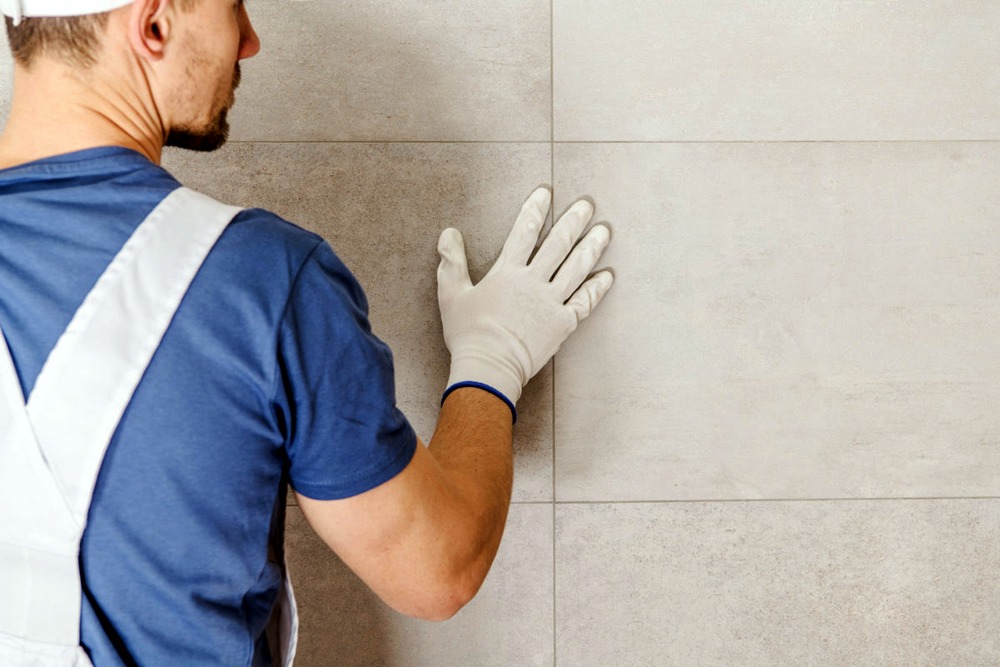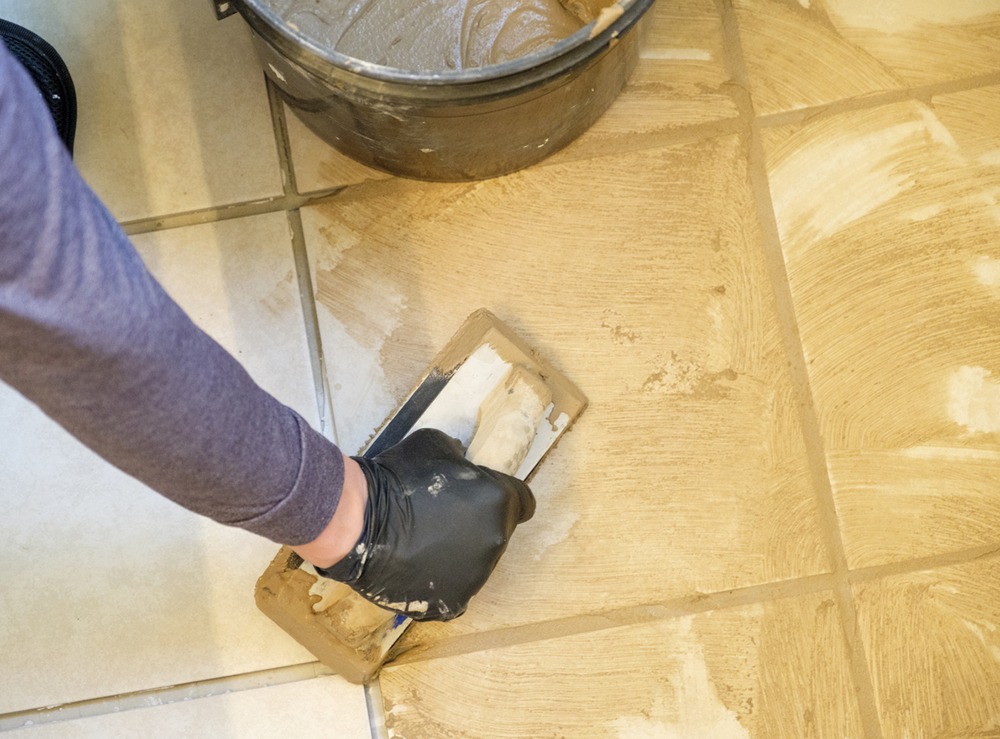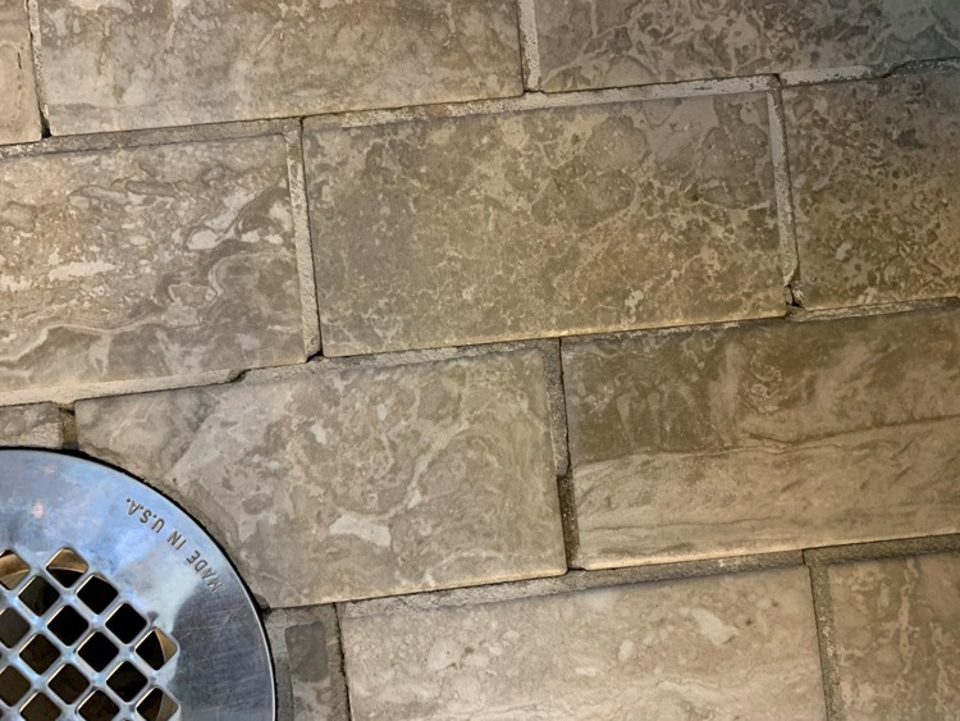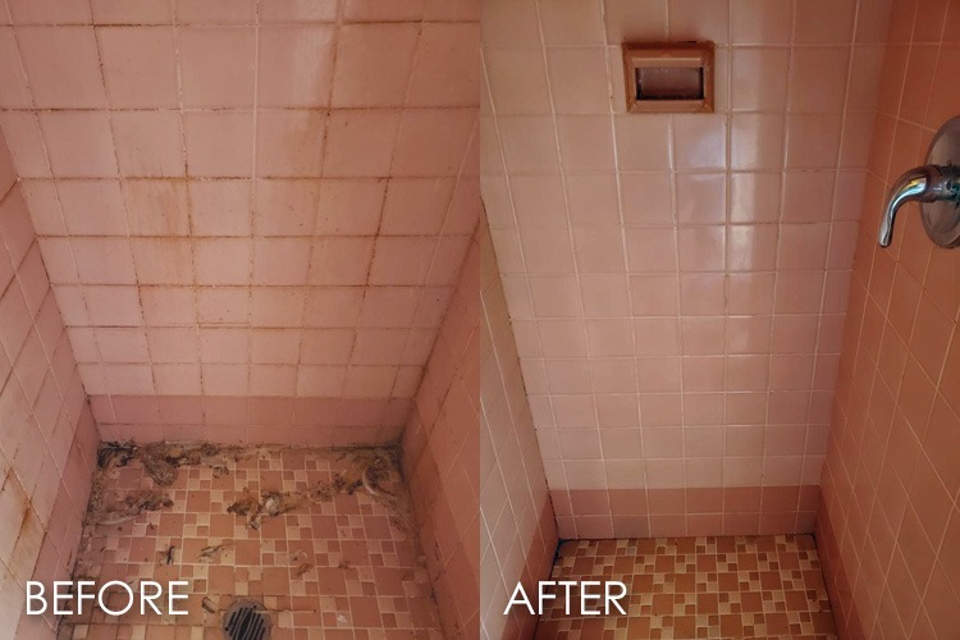Whether you are installing new tile, having tiles replaced, or having your tile professionally regrouted, you might be wondering which grout is best to use.
Even though some types of grout have a life expectancy of up to 25 years, maintenance and care are key. What you might not realize, is that for grout to live up to its full potential, proper care guidelines must be followed, especially in high-traffic areas. While your kitchen backsplash might easily last that long, floors and showers often take a beating. What’s more, the household products we use to clean our tiled surfaces could be harmful to our grout, causing it to fail many years before it should require regrouting. At The Grout Medic, we know that many times, grout does not live to its full potential. So, is one type of grout better than the other?
Which grout is best?
There are four types of grout, each with its own particular use. Choosing the proper grout type is essential for protecting your tiled surface and the structure behind it – especially in wet environments. Unsanded grout, finely-sanded grout, quarry-type grout, and epoxy grout are the types of grout you have to choose from when installing tile or regrouting.

Different types of tile installations call for different types of grout
Unsanded grout
Unsanded grout should be used for tile installations with grout joints that are smaller than 1/8” wide. Unsanded grout is often used for tiling vertical surfaces, such as walls and tub surrounds, because its smooth texture adheres well.
Sanded grout (fine-sanded grout)
Sanded grout should be used for tile installations with grout joints that are 1/8” to 3/8” wide. Sanded grout is inherently less prone to shrinkage and cracking, which is why it is the best grout for wider grout joints.
Sanded grout (quarry-type grout)
Quarry-type grout is sanded grout with larger grains and should be used for tile installations with grout joints that are 3/8” to ½” wide. As with fine-sanded grout, the sand in quarry-type grout is required to reduce shrinkage and cracking in larger grout joints. Larger joints require coarser grains of sand.
Epoxy grout
Epoxy grout is a mixture of two epoxy resins and a filler. Epoxy grout is good for high traffic areas, like those in commercial buildings, as it naturally repels staining, and remains pliable to reduce the likelihood of cracking and chipping. Due its chemical makeup, epoxy grout will not require sealing. This grout mixture is good for glass and ceramic tile, unless the manufacturer recommends otherwise. It can be used with natural stone tile, but the tile must first be sealed before applying epoxy grout. Epoxy grout manufacturers have addressed concerns with older versions, which discolored with natural UV exposure, and produced pinholes in the grout surface upon installation.
It’s not about which grout is best, as in which grout is superior.
The question about which grout is best applies to the type of tile installation, not the quality of the grout itself. At The Grout Medic, we use only the highest-quality cementitious grouts for our tile repair and replacements, and professional regrouting projects. Our grout and tile technicians will expertly grout your tiled surfaces, and seal your grout to protect it from future staining and water seepage. Schedule a professional grout cleaning once or twice yearly with The Grout Medic to help keep your grout beautiful and healthy.

The Grout Medic’s grout cleaning and grout sealing services will help your grout last longer
Does your tiled surface require maintenance or repair? Get in touch with us by filling out our form here. We look forward to hearing from you!






